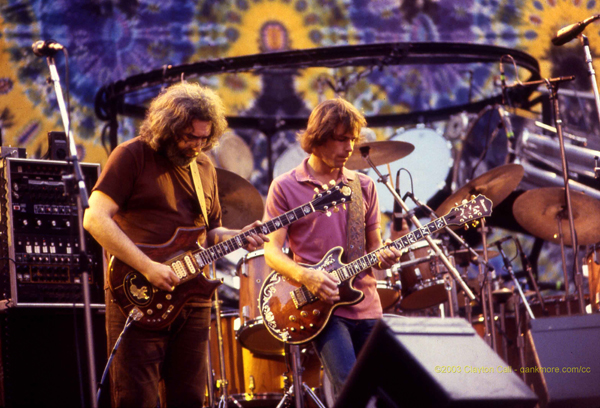Videos by American Songwriter
On this past Saturday for Record Store Day, Omnivore Recordings released a super-limited edition vinyl record for Big Star’s third album, Third. Omnivore enlisted the help of the original mastering engineer Larry Nix, surviving Big Star member Jody Stephens, and Ardent Studios owner John Fry on the project. “We’re making sure that what we’re doing today is identical to the 1975 test pressing,” says Fry in a video.
Big Star’s third album has been shrouded in mystery for decades. One thing that is known for certain is that on February 13, 1975, Nix, along with Fry, mastered the record and made a couple hundred test pressings, and that Chilton and Stephens took these pressings on trips to New York and L.A. to try and drum up label interest.
But questions have persisted. Like whether Third was even the intended title; whether the record was not a Big Star record but a duo project of Stephens and Chilton named Sister Lovers (the two musicians were dating sisters Lesa and Holliday Aldridge at the time); or whether the album was an Alex Chilton solo record. There have been a multitude of releases over the years – each with different titles and track listings. For the first time, the Omnivore release replicates the original track listing and album title from the original tape box, and includes all sorts of replicated studio ephemera like track logs, lead sheets, and the mastering cards. (Even here, though, there’s some discrepancy with the log sheets listing the artist as “Sister Lover” and the mastering card as “Alex Chilton.” Oh, well.)
Throughout the release history, though, the one constant is how raw and starkly beautiful the songwriting and arrangements are on Third. Chilton and Stephens teamed up with producer Jim Dickinson and Memphis studio musicians at Ardent Studios in 1974 and 1975 and what they captured was so raw, in fact, that no one in the music industry would touch the record for years. (PVC Records had the honors of the first official release in 1978.)
Songs like “Oh Dana” (“I’d rather shoot a woman than a man”) and “Holocaust” (“You’re a wasted face… You’re a Holocaust”) show Chilton’s shaky state of mind, but there are also upbeat moments, such as “Thank You Friends” and the intended album opener, “Stroke It Noel.”
“Stroke It Noel,” as it turns out according to Jim Dickinson’s liner notes for the Rykodisc reissue of the album in 1992, gives a nod to Carl Marsh’s string arrangements that give the album its characteristic feel. The “Noel” of the song is Noel Gilbert, violinist for the Memphis Symphony Orchestra, who was playing on the session. As Dickinson relates, it was the off-the-cuff remark at the end of the second chorus – “Stroke it Noel” – that inspired Chilton to change the song’s title and, according to Dickinson, scrap the original lyrics.
The song’s first verse seems to be a reflection on love, probably directed at Chilton’s then-girlfriend, Lesa Aldridge, who did, in fact, sing quite a bit on Third. In the second verse, Chilton looks more outwardly at the world and the culture of Vietnam war protesters. But unlike a lot of the darker themes explored on the album, “Stroke It Noel” is ultimately a joyful message inviting listeners to dance.
“Stroke It Noel”
Child, will you come on down
Come on in with me
Morning says to idle on
Stay clear of the streets
Oh, on the wing and on the lam
Can you sing anything
Do you wanna dance
Do ya
Do ya, do ya, do ya wanna dance
Stroke it, Noel
And they say we’re lazy men
Drinking our white wine
We could go right insane
‘Cause we can buy the time
Oh, keepin’ an eye on the sky
Will they come all the bombs
Do you wanna dance
Easy now, easy now
Do ya, do ya, do ya wanna dance
Do ya wanna, do ya, wanna dance
Written by Alex Chilton
This article was revised at 3:00 p.m. on Monday, April 18.












Leave a Reply
Only members can comment. Become a member. Already a member? Log in.